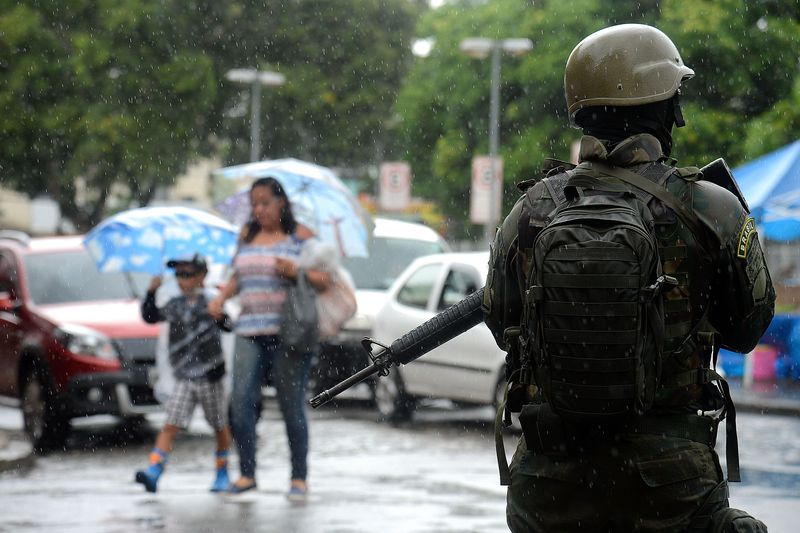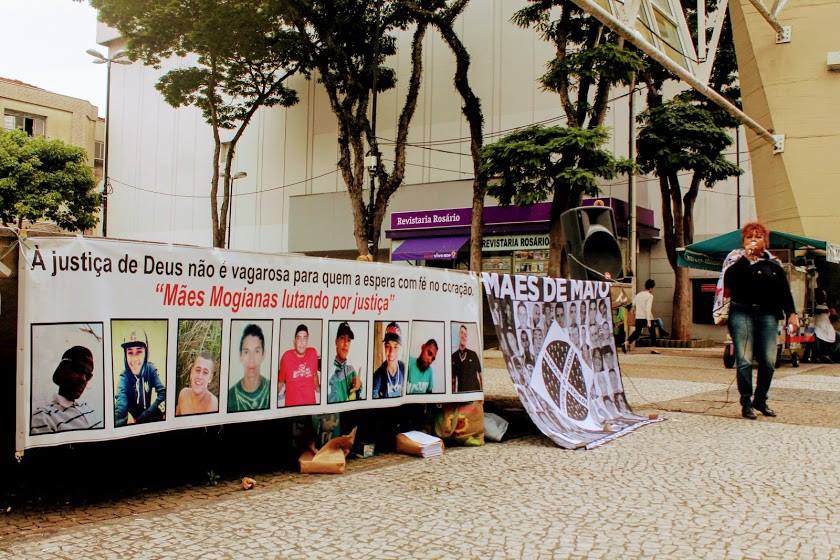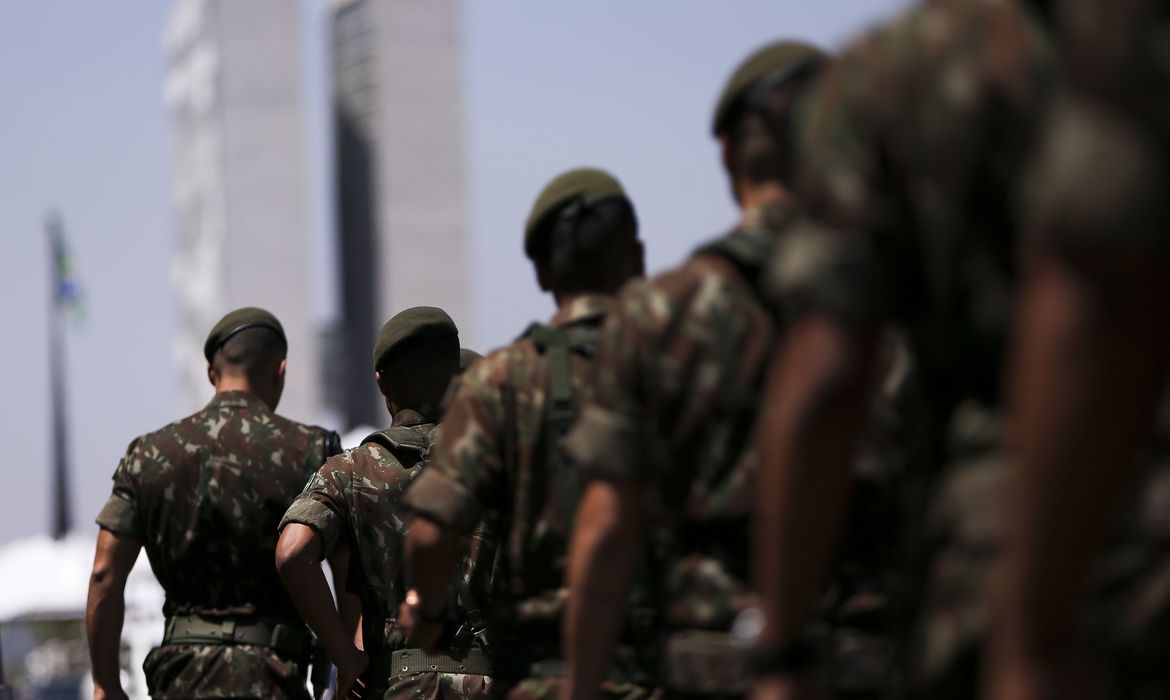Until 2017, complaints against military personnel were investigated by both the Military Justice and the Civilian Justice systems. In that year, however, the then president Michel Temer signed Law 13,491/2017 that amended provisions of the Military Code that transferred to the Military Justice system alone the authority to investigate and judge military personnel, removing from the Civil Police the authority to conduct investigations into federal military officials who kill civilians during operations to keep the peace and guarantee law and order, among other similar activities.
In practice – in addition to violating the Federal Constitution and international obligations assumed by Brazil – the law benefits the military and creates a kind of safe conduct so soldiers are not held accountable for the excesses they may commit. In view of this, the ADI (Direct Action of Unconstitutionality) No. 5901 filed by the PSOL (Socialism and Liberty Party) in the Supreme Court challenges this authority assigned to the Military Justice system.
As such, ADI 5901 aims to prevent Military Justice from becoming a system detached from society, with dynamics and rules that do not apply to the population and other civil legal institutions. Making the methods in which it operates more transparent is one way to ensure that human rights are respected.
In a request for amicus curiae in the ADI Case 5901, Conectas and the Allard K. Lowenstein International Human Rights Clinic at Yale Law School said that the lack of impartiality and independence “prevents access to justice and facilitates impunity in cases of human rights violations”. The organizations also said that “States that do not limit military jurisdiction to crimes of a strictly military nature often tolerate or cover up human rights violations committed by the armed forces”.
The experts Masha Lisitsyna, a human rights lawyer specialized in international litigation, and Eugene R. Fidell, adjunct professor at New York University Law School and senior researcher at Yale Law School, also helped craft the document requesting amicus curiae status in the case.
ADI 5901 seeks to prevent Military Justice from becoming a system practically detached from society, with dynamics and rules that do not apply to the population and other civil legal institutions. Making the methods in which it operates more transparent is one way to ensure that human rights are included in the debate and respected.
Technical information
-
Case: ADI 5901
- Court: Supreme Court
- Status: Awaiting analysis
- Procedure:
- 02/26/2018 – case filed, for prevention (motivated by ADI 5804), to Justice Gilmar Mendes;
- 03/02/2018 – procedure adopted of article 12 of Law No. 9,868/1999 (shortened procedure due to the relevance of the matter and the imminent risk to the rights involved);
- 06/25/2018 – report of the Office of the Prosecutor-General for the recognition of the case and for its partial acceptance, and with a request for an amendment to the initial petition, so that it also recognizes the unconstitutionality of the sole paragraph of article 9 of the Military Criminal Code, in the wording given by Law No. 12,432/2011, preceding Law No. 13,491/2017, challenged in ADI 5901;
- 06/29/2018 – Brazilian Criminal Sciences Institute (IBCCRIM) and Rio Grande do Sul State Association of Judges (AJURIS) admitted as amicus curiae;
- 11/21/2019 – Military Public Prosecutor’s Office and Rio de Janeiro State Public Defender’s Office admitted as amicus curiae;
- 02/01/2021 – Human Rights Institute of the International Bar Association (IBAHRI) requests admission as amicus curiae;
- 06/26/2021 – On International Day in Support of Victims of Torture, Conectas requests admission as amicus curiae;
- 06/27/2021 – Records of the case concluded and sent to Justice Gilmar Mendes for his assessment of the amicus curiae requests and the report of the Office of the Prosecutor-General.



